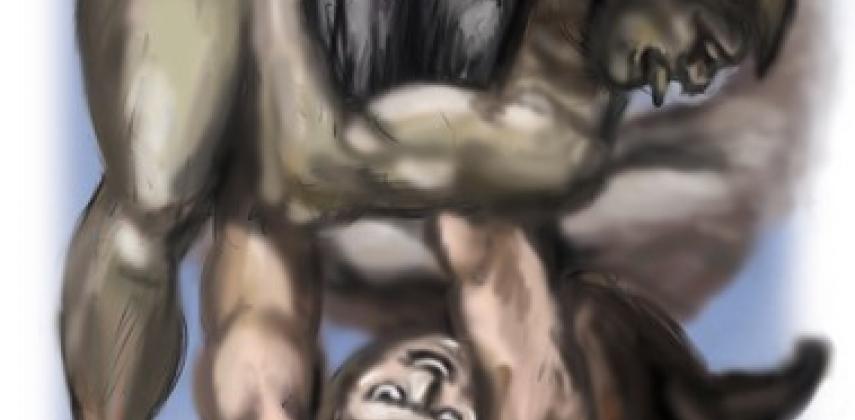These are questions that 2012 will answer with the lucidity of time. But employees and job-hunters must be mindful of some imminent painful realities (you can be sure that employers are).
How is Hong Kong bearing up? That rather depends on where you live, property remaining both this city's most enduring fetish and socio-economic indicator. But the overwhelming majority of Hongkongers are likely now troubled by the black clouds on the horizon.
Denise Wong, a recent addition to Hong Kong's small circle of professional "life coaches", is helping a large number of clients to deal with the uncertainties and setbacks of our times. She has some valuable answers and strategies for those trying to cope with being retrenched or struggling to find work.
"Fear is created when our thoughts are focused on the future. If [your thoughts are], ask yourself if it's entirely your own speculation about what will happen. Most likely it is - all of it," she says. "Also, check if you believe everything you're imagining," she says.
"A good question to ask yourself and bring you back to the present moment is: `Do I have a problem, right now?' If you're not being attacked by a wild animal, or in imminent danger of being run over by a vehicle hurtling towards you, chances are that you are, in fact, okay right now.
"Maybe your challenging situation hasn't changed, but such an outlook helps stop your mind from spinning out of control. The only place in which you can truly anchor your mind is in the present," Wong adds. "This is where your mind can really work on the options you have and possible next steps. Try to stabilise yourself as quickly as possible, so that you can access your own resourcefulness."
As for dealing with the sense of loss that comes with unwelcome life changes, Wong says: "This state brings up all kinds of resistance, which might manifest as anger or despair. If you have to make adjustments or changes in your lifestyle, do so in small steps, at least initially. 'Small steps' are key to tip-toeing around our fears and resistances, to regain control. Nearly everything we've learned in life, we learned in small steps - from walking to running, driving, using a computer, becoming an accountant, engineer or doctor."
Wong maintains it's all about taking back control. "In any situation, no matter how dire, I believe you have choices. Start by making a list of options and choices you have. Don't judge or evaluate them while listing them. From there, come up with some small steps for the options you wish to take," she says.
"The trick with small steps is that you have to keep them small, so that the pressure is either very low or negligible, so you're not discouraged from taking them, and can feel you can easily exceed them," she says. "You might feel that your problem is huge, and requires a correspondingly large solution, but that's not necessarily true. Small steps enable one to stay agile, motivated, and give a sense of control and steady progress. They also provide swift feedback and anchor one's mind."
Dr Susan Jamieson, a Harvard-trained family doctor and specialist in integrative health, who has worked in Hong Kong for 24 years, says: "I have noticed that there's now been a general loss of the bullish confidence of the past 15 years. For example, bankers and lawyers who previously thought themselves impervious, now really worry about their health, realising that, given the vicissitudes of the markets, change can occur at any time," she observes.
"Professionals are taking greater care of themselves. Also, they are more likely to believe in mind-body concepts and the fact that physical ill-health can often be directly due to psychological factors such as stress and anxiety. This has been scientifically proven for years. Previously, these professionals wouldn't listen, but they now make time for therapies like counselling or hypnotherapy."
How should individuals cope with looming or unexpected negative change? Jamieson prescribes a wholesome approach. "Simplify your life. Eat well and go for more vegetables, which are cheaper and more full of cancer-fighting anti-oxidants. It's known that a mainly vegetarian diet has lower levels of `Western-style diseases' such as colon cancer. Take regular exercise, in whatever form. Exercise is a fantastic stress-buster!"


